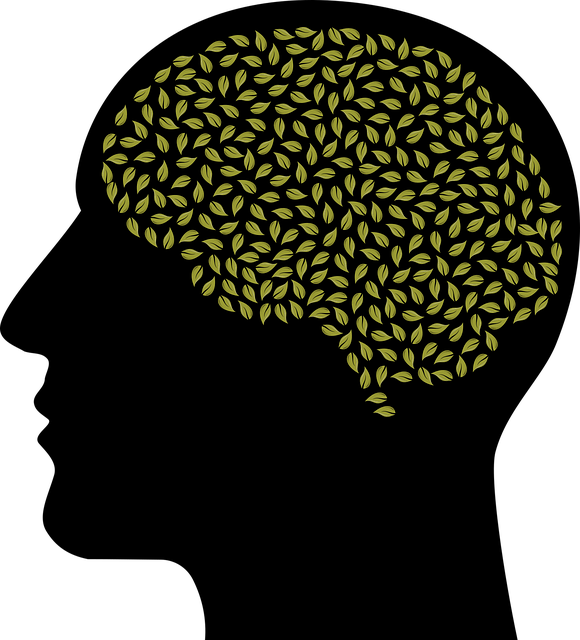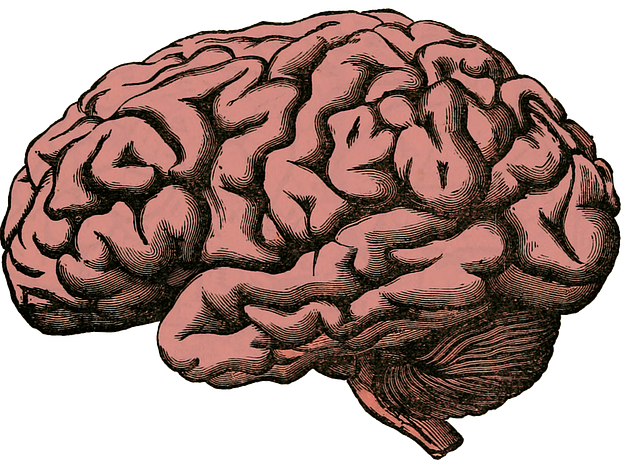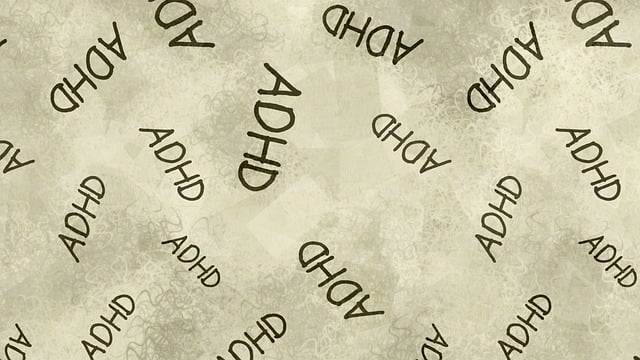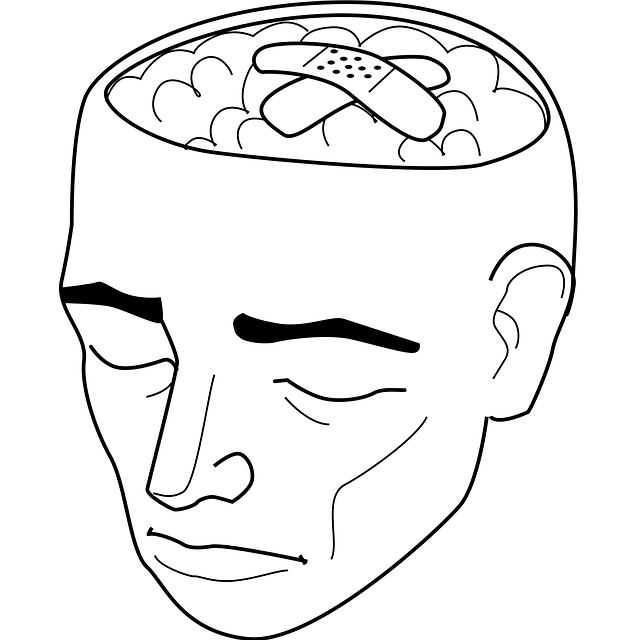Westminster Children's Therapy provides specialized mental wellness coaching for youth aged 13-25, focusing on emotional regulation as a key to overall mental health. Through evidence-based practices and tailored programs, they address common issues like stress and anxiety, with a particular emphasis on serving diverse and marginalized communities. Their strategic approach includes coach training in cultural competency, integrating mindfulness meditation, qualitative evaluation, and risk management planning to enhance program effectiveness and improve client outcomes.
“Unveiling the transformative power of mental wellness coaching for youth, this comprehensive guide draws inspiration from the foundational expertise of Westminster Children’s Therapy. We explore how tailored coaching programs can effectively address the unique challenges faced by young individuals.
From understanding the core principles to designing engaging sessions and implementing successful evaluation strategies, this article offers insights for professionals aiming to enhance mental health support. Discover the potential for positive change through Westminster Children’s Therapy-inspired coaching interventions.”
- Understanding Westminster Children's Therapy: A Foundation for Mental Wellness Coaching
- Designing Effective Mental Wellness Coaching Programs for Youth
- Implementation and Evaluation Strategies for Successful Coaching Outcomes
Understanding Westminster Children's Therapy: A Foundation for Mental Wellness Coaching

Westminster Children’s Therapy serves as a cornerstone in the realm of mental wellness coaching, offering specialized services tailored for young individuals navigating emotional challenges. This organization recognizes that fostering emotional regulation is pivotal for overall mental health, particularly during childhood and adolescence. Through their therapeutic approaches, they aim to empower children and teens with coping strategies to manage stress, anxiety, and other common mental health concerns.
By drawing on evidence-based practices, Westminster Children’s Therapy provides a safe and supportive environment where young clients can explore and process their emotions effectively. Their programs are meticulously designed to address individual needs, promoting resilience and personal growth. Moreover, the organization actively contributes to the broader mental health landscape through policy analysis and advocacy, ensuring that effective interventions like Stress Management Workshops are accessible to those who need them most.
Designing Effective Mental Wellness Coaching Programs for Youth

Designing effective mental wellness coaching programs for youth requires a nuanced approach that considers both individual needs and broader cultural contexts. At Westminster Children Therapy, we understand that adolescence is a period of significant emotional and psychological development. Therefore, our coaching programs are tailored to foster resilience, self-awareness, and healthy coping mechanisms in young people aged 13 to 25.
Cultural sensitivity in mental healthcare practice plays a pivotal role in ensuring these programs resonate with diverse youth populations. By integrating evidence-based techniques with an understanding of various cultural backgrounds, we address specific challenges faced by marginalized communities. This holistic approach, combined with focus on mood management and mental health awareness, equips young individuals with the tools necessary to navigate life’s complexities while promoting their overall well-being.
Implementation and Evaluation Strategies for Successful Coaching Outcomes

Implementing a mental wellness coaching program requires a strategic approach to ensure positive outcomes for clients, particularly in diverse communities like Westminster Children Therapy’s target audience. One key strategy is to tailor the coaching methods to suit individual needs and cultural backgrounds. This involves training coaches in cultural competency, enabling them to deliver services that are inclusive and sensitive to various ethnic, racial, and socioeconomic groups. For instance, healthcare providers can incorporate aspects of mindfulness meditation into sessions, as research suggests its effectiveness in reducing stress and improving emotional well-being, especially when tailored to diverse populations.
Evaluation is another critical component. Regular assessment tools should be employed to track client progress and gauge the program’s success. This includes qualitative and quantitative data collection methods. Mental health professionals can use risk management planning techniques to identify potential challenges and ensure a safe environment for coaching. By combining these strategies, Westminster Children Therapy can foster meaningful connections with clients, enhance the effectiveness of their coaching programs, and ultimately contribute to improved mental wellness outcomes in diverse communities.
Westminster Children’s Therapy provides a robust foundation for developing mental wellness coaching programs tailored to youth. By understanding the core principles outlined in this article, such as effective design, implementation, and evaluation strategies, coaches can create transformative experiences that enhance young people’s resilience, coping skills, and overall well-being. Integrating these practices ensures that mental wellness coaching programs are not just impactful but also measurable, fostering healthier and happier futures for our youth.













